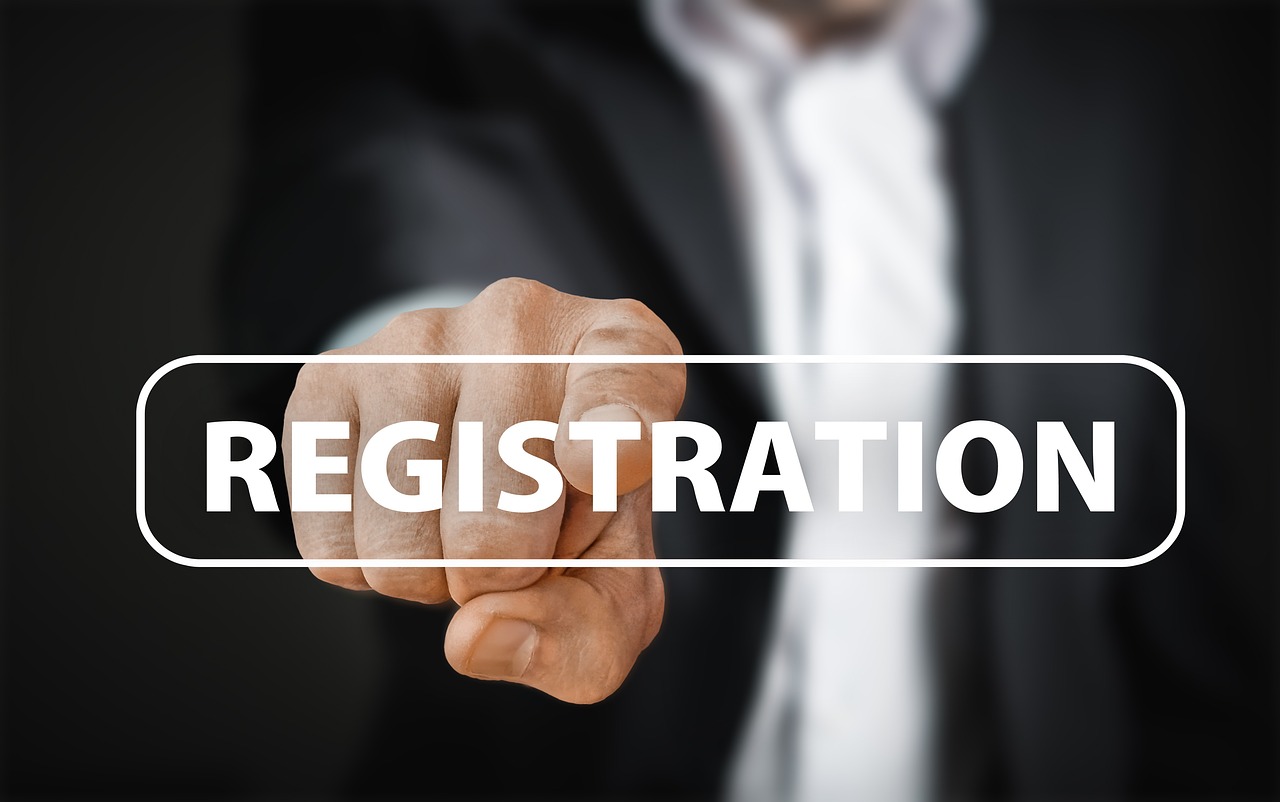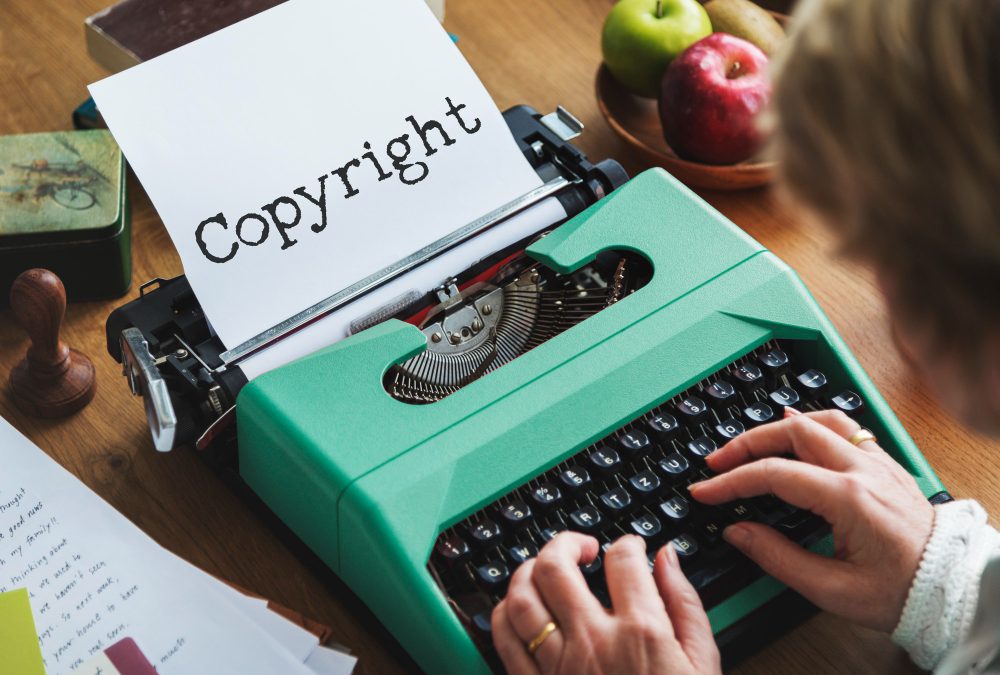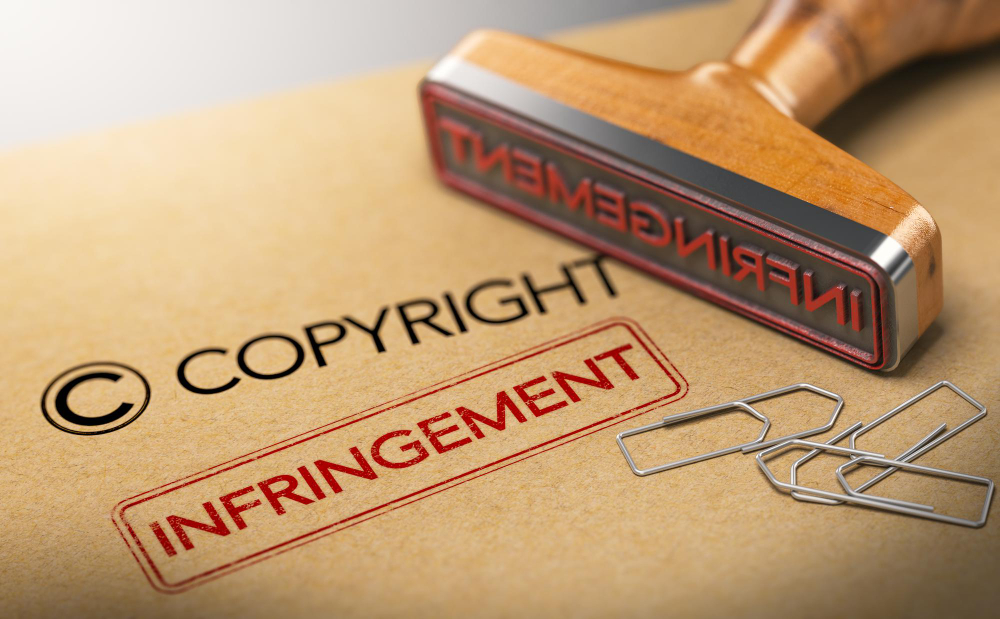
Should You Get a Registration for Your Intellectual Property?
Should You Get a Registration for Your Intellectual Property?
Like many things in life, the answer to this question is “it depends.” There is no black & white answer to whether you should apply for a registration. Registering a patent is necessary if you want to enforce your rights in that patent. Registering a trademark or copyright enhances your rights. However, that doesn’t mean you should always register every piece of intellectual property you own.
A quick story might help. I had coffee with an old friend recently. He learned I practiced IP law and wanted to understand what he could do to protect his

IP. After discussing several items related to his brands and websites, he closed with what he thought was a simple question about applying for a copyright registration himself.
My friend is a real estate broker and has created a formula that gives his company a competitive advantage. This formula can calculate an optimum list price and help the seller understand how spending money on something (e.g., a repair or staging) would change that price. He planned to copyright this formula and do this himself since the form is so easy to use.
Select The Type of Registration Very Carefully

HOLD THE PHONE! Registering his copyright in the formula would be a misstep for so many reasons. First, formulae are not eligible for copyright protection, so his request would fail. Second, filing the application would make his formula publicly known, which may have been a bad result.
I explained that his formula was likely best protected by trade secret law. One of the keys to claiming rights under trade secrets is (you guessed it) keeping the item a secret. We discussed ways to place safeguards around this formula so that no one else would have unauthorized access to the formula. So yes, he likely could have filed the copyright application himself. If he had, he would have given away a competitive advantage. I’m so glad we talked.






